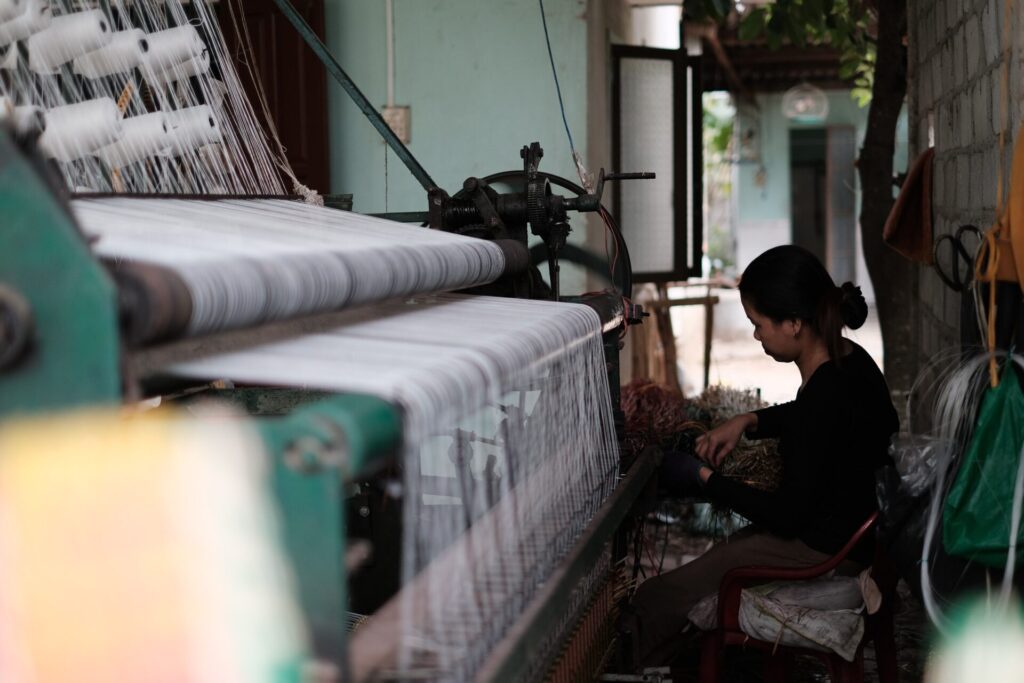Fair Labor Association Drives forward Fair Compensation and Living Wage for all


The current wages in most garment producing countries are far below what workers need to reach a decent standard of living. While many brands are making strides to promote fair wages throughout their value chains, progress to date remains slow in many areas. One of the structural barriers to progress is the fact that fashion brands usually do not directly control the wages of workers but depend on their supply chain partners to effect change.
Moreover, existing labor-intensive methods for measuring wages, coupled with a lack of clarity on the methodology and definition of living wage benchmarks, has resulted in a lack of real wage data collection necessary to improving workers’ wages.
The issue must be addressed by the industry-wide implementation of wages that meet the basic needs of workers. Fashion brands can make a difference by working with their partners to promote fair compensation and better wage systems underpinned by responsible purchasing practices that will help end poverty for millions of garment workers globally.
Non-profit collaborative, Fair Labor Association (FLA) works together with an international network of companies, universities, and civil society organisations collaborating to ensure that people working in global supply chains are paid fairly and their health, safety, and well-being are protected. To date, 51 global fashion brands have committed to ensuring fair labour practices in their value chains as participating FLA members.
FLA strives to support industries in achieving ’fair compensation’ defined as – a worker’s right to compensation within a regular working week that is sufficient to meet their basic needs and have some discretionary income, whereby employers shall pay at least the minimum wage or the appropriate prevailing wage, whichever is higher, comply with all legal requirements on wages, and provide any benefits required by law or contract.
As part of the FLA’s 2020 Fair Compensation Strategy, apparel and footwear members are required to use FLA living wage tools to measure the wage gap in their own supply chains. To support FLA companies, FLA developed the Fair Compensation Toolkit which allows companies to collect wage data, identify wage gaps, and develop a public commitment and blueprint for action for measurable progress towards a living wage. The toolkit was developed in consultation with live wage experts and practitioners and uses living wage estimates such as the Gobal Living Wage Coalition Living Wage Estimates, to benchmark workers’ wages.
Committed to upholding FLA’s Principles of Fair Labor and Responsible Sourcing, accredited FLA member companies, Maxport, New Era, and PUMA, have made significant remediation progress on working hours and compensation practices in factories in China and Vietnam – achieving wage increases between 29% and 57% during the regular work week within two to three years. Working hours also decreased and living wage progress was made through strong buyer, supplier, and worker collaboration as well as concrete changes made to payment systems, enabling better production planning, productivity bonuses and cash benefits for workers. To ensure ongoing progress towards payment of a living wage, Maxport, New Era, and PUMA actively use FLA’s Fair Compensation Toolkit to regularly monitor wages against industry recognised living wage benchmarks.
The collection of real wage data is critical to enable all parties to pay fair compensation and a living wage. To date, more than 50 of the largest global fashion companies currently use FLA’s Fair Compensation Toolkit to measure living wage progress and improve worker wages and quality of life. Aggregated data collected through FLA’s Fair Compensation Toolkit can be used by trade unions and workers to advocate better wages through collective bargaining and minimum wage setting.
While fashion brands will not be able to bring about better wage systems alone, they must act in lockstep with retailers, suppliers, trade unions, governments, and NGOs.

In order to successfully implement effective waste stream structures across their supply chain, and ensure circular value is captured in manufacturing countries, BESTSELLER joined GFA’s Circular Fashion Partnership in Bangladesh.